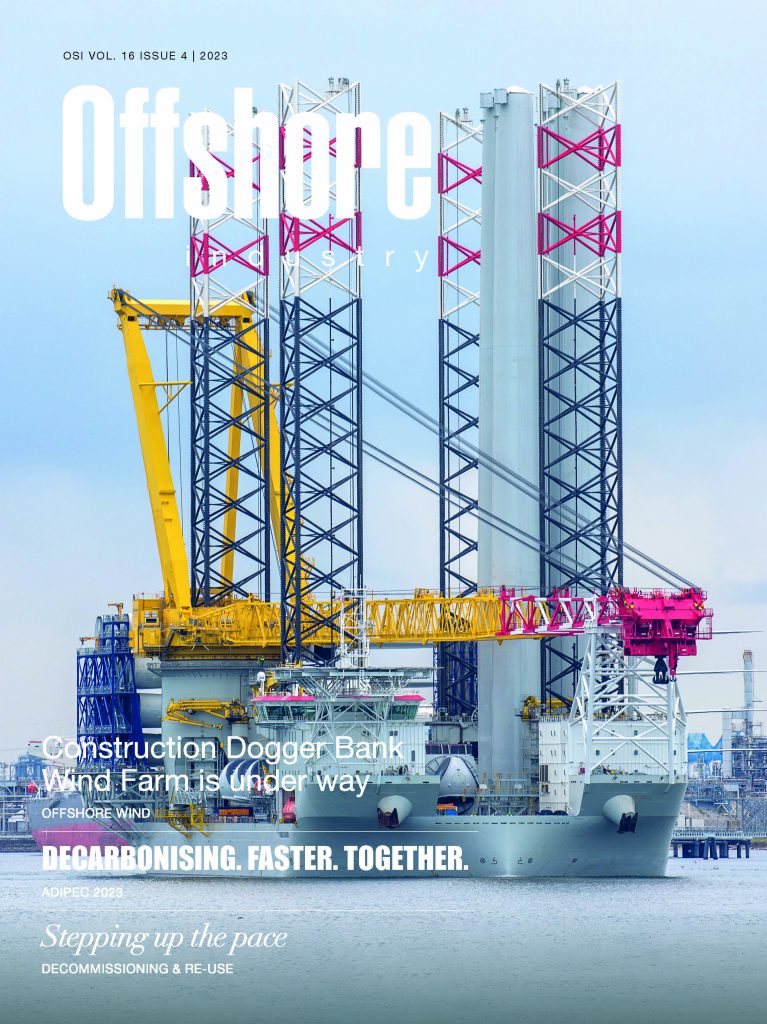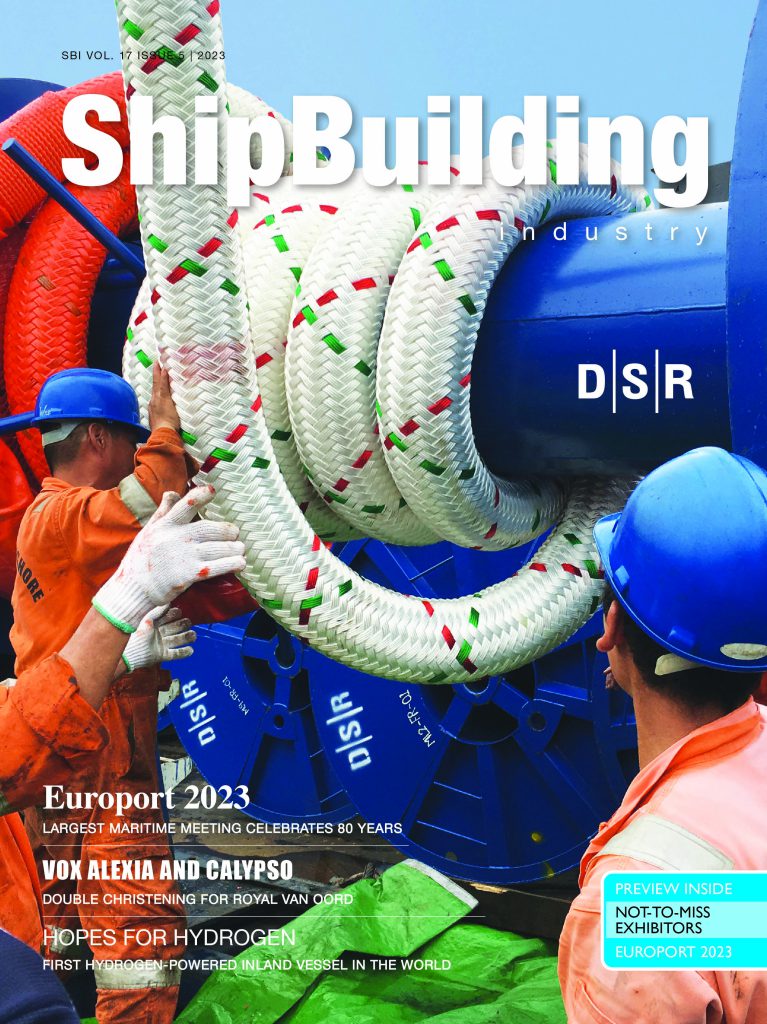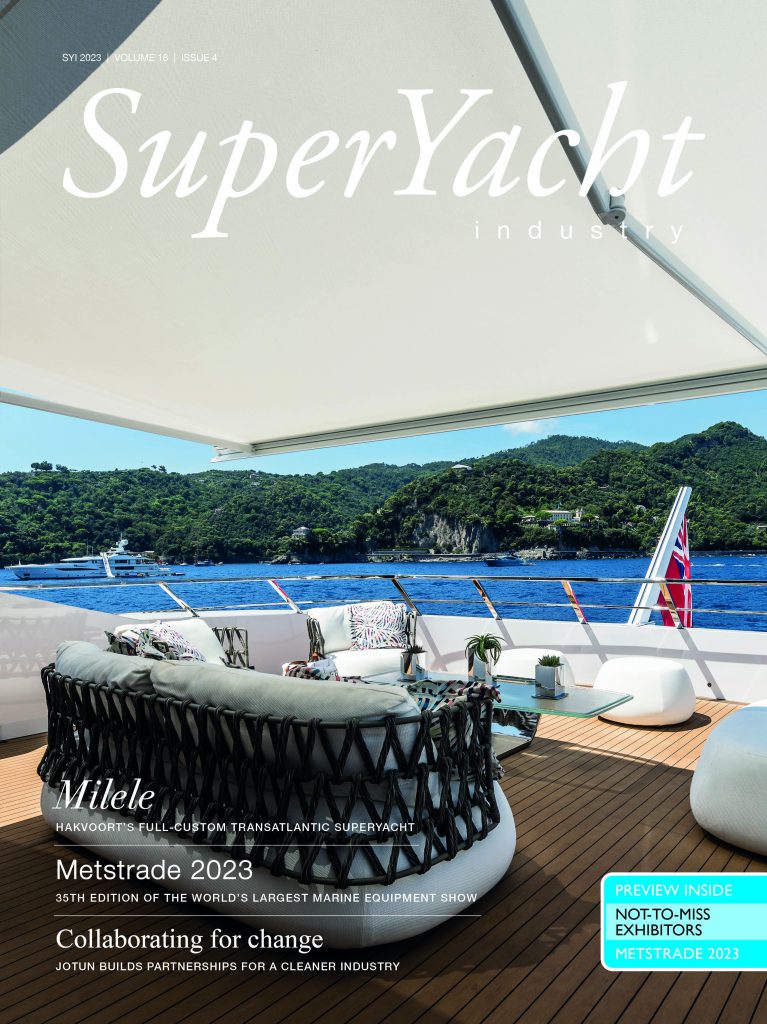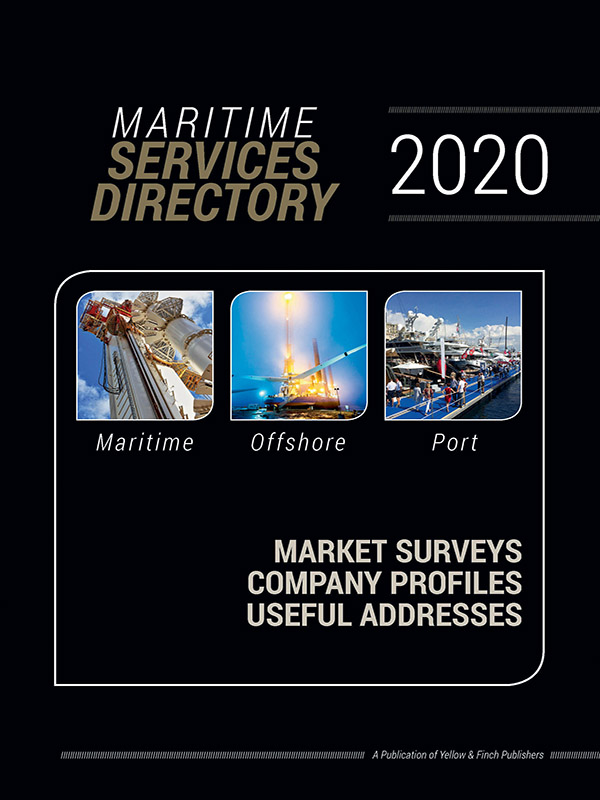A major decarbonisation milestone
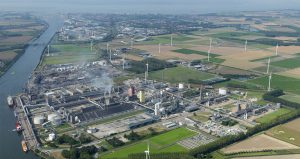 Yara and Northern Lights have signed the world’s first commercial agreement on cross border CO2 transport and storage. This is groundbreaking for the decarbonisation of European heavy industry, opening the market for cross border CO2 transport and storage as a service. It is also a major milestone towards achieving Yara’s own net zero targets.
Yara and Northern Lights have signed the world’s first commercial agreement on cross border CO2 transport and storage. This is groundbreaking for the decarbonisation of European heavy industry, opening the market for cross border CO2 transport and storage as a service. It is also a major milestone towards achieving Yara’s own net zero targets.
Yara and Northern Lights have agreed on the main commercial terms to transport CO2 captured from Yara Sluiskil, an ammonia and fertiliser plant in the Netherlands, and permanently store it under the seabed off the coast of western Norway. When the final contractual details are firmed up, this will be the first ever cross border CO2 transport and storage agreement. It will set the standard for other industrial companies across Europe looking to use Northern Lights – and other emerging CO2 transport options and stores in the North Sea – as a key part of their decarbonisation strategies.
Yara Sluiskil has already cut 3.4t million of CO2 emissions per year from its ammonia and fertiliser production since 1990. Significant volumes of carbon dioxide are reused in greenhouse plant production, as an ingredient for carbonated drinks and for other purposes such as urea and AdBlue, a high purity urea-based solution for diesel engines. From early 2025, 800,000t of pure CO2 will be captured, compressed, and liquefied in the Netherlands, and then transported to the Northern Lights store at 2,600m under the seabed off the coast of Øygarden.
“Action to decarbonise industry is urgent and Yara is a frontrunner. I am very pleased to announce that we are now on our way to removing CO2 emissions from our production plant in Sluiskil. This will take us a step further towards carbon-free food production and accelerate the supply of clean ammonia for fuel and power production”, says Svein Tore Holsether, CEO of Yara International. “Yara is our first commercial customer, filling our available capacity in Northern Lights. With this we are establishing a market for transport and storage of CO2. From early 2025 we will be shipping the first tonnes of CO2 from the Netherlands to Norway. This will demonstrate that CCS is a climate tool for Europe”, states Børre Jacobsen, Managing Director of Northern Lights.
Northern Lights is the transport and storage part of the Longship project, funded 80% by the Norwegian government. It is own equally by Equinor, Shell and TotalEnergies. Building on over 20 years of offshore CO2 storage in Norway, the government has worked closely with Norwegian industrial emitters and Northern Lights to create the world’s first open access full value chain CCS model. As part of its funding, the government stipulated that Northern Lights develop a commercial business model and offer its service to the rest of Europe. The Longship model shows that CCS is doable, safe, and cost-effective. It has also helped to develop a commercial model and a market to support it. Longship provides a platform for Norwegian businesses and service providers to innovate, leveraging experience, first-mover advantage, and significant offshore storage capacity – and it offers European industry a crucial decarbonisation option and solutions to replicate.



